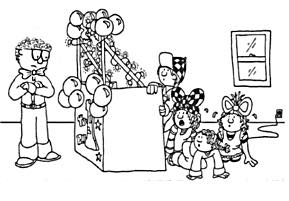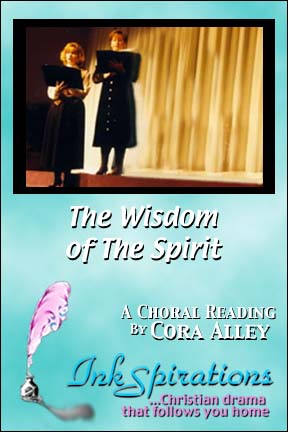In 5 Skit Packages, the children experience the basics of Christianity. Together with Harvey, they learn that God shows His love for us in so many wondrous ways, yet we continue to sin. They are challenged to love God with all their heart, soul, mind, and strength, and to love their neighbors as they love themselves. Harvey accepts God's offer of salvation, becomes a Christian, and begins his personal journey with Jesus.
You may purchase and download the complete volume of 5 Skit Packages by clicking the "Add To Cart" button below, or purchase and download individual Skit Packages by clicking on the link below the Skit Package of your choice.
 In 9 skits, the children learn about God's design for family living. Zelda's emotional reaction to her parents' divorce is real, but she learns that the "family of God" will never forsake her. This series speaks to the spiritual needs of single-parent, blended, and traditional families as it provides wisdom for shared responsibility and constant sensitivity in ministering to our own families as believers.
In 9 skits, the children learn about God's design for family living. Zelda's emotional reaction to her parents' divorce is real, but she learns that the "family of God" will never forsake her. This series speaks to the spiritual needs of single-parent, blended, and traditional families as it provides wisdom for shared responsibility and constant sensitivity in ministering to our own families as believers.










